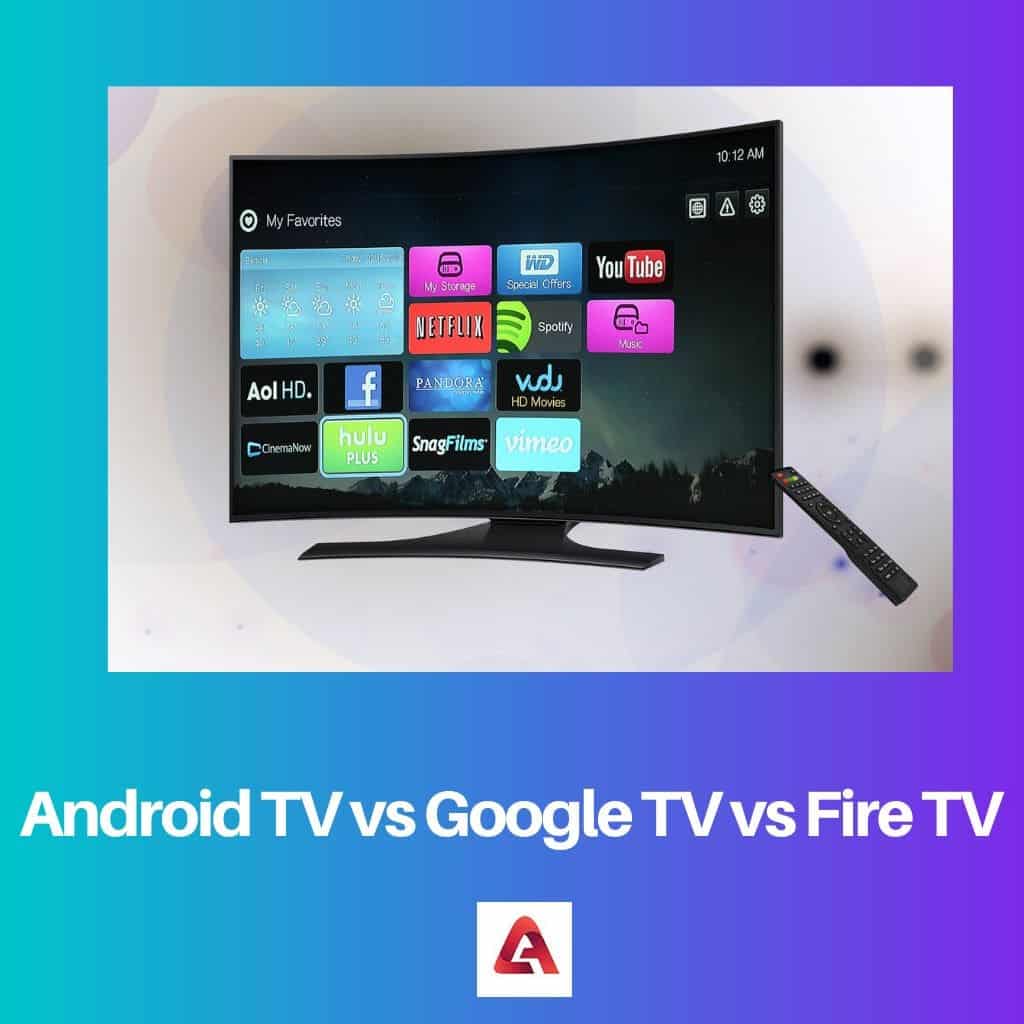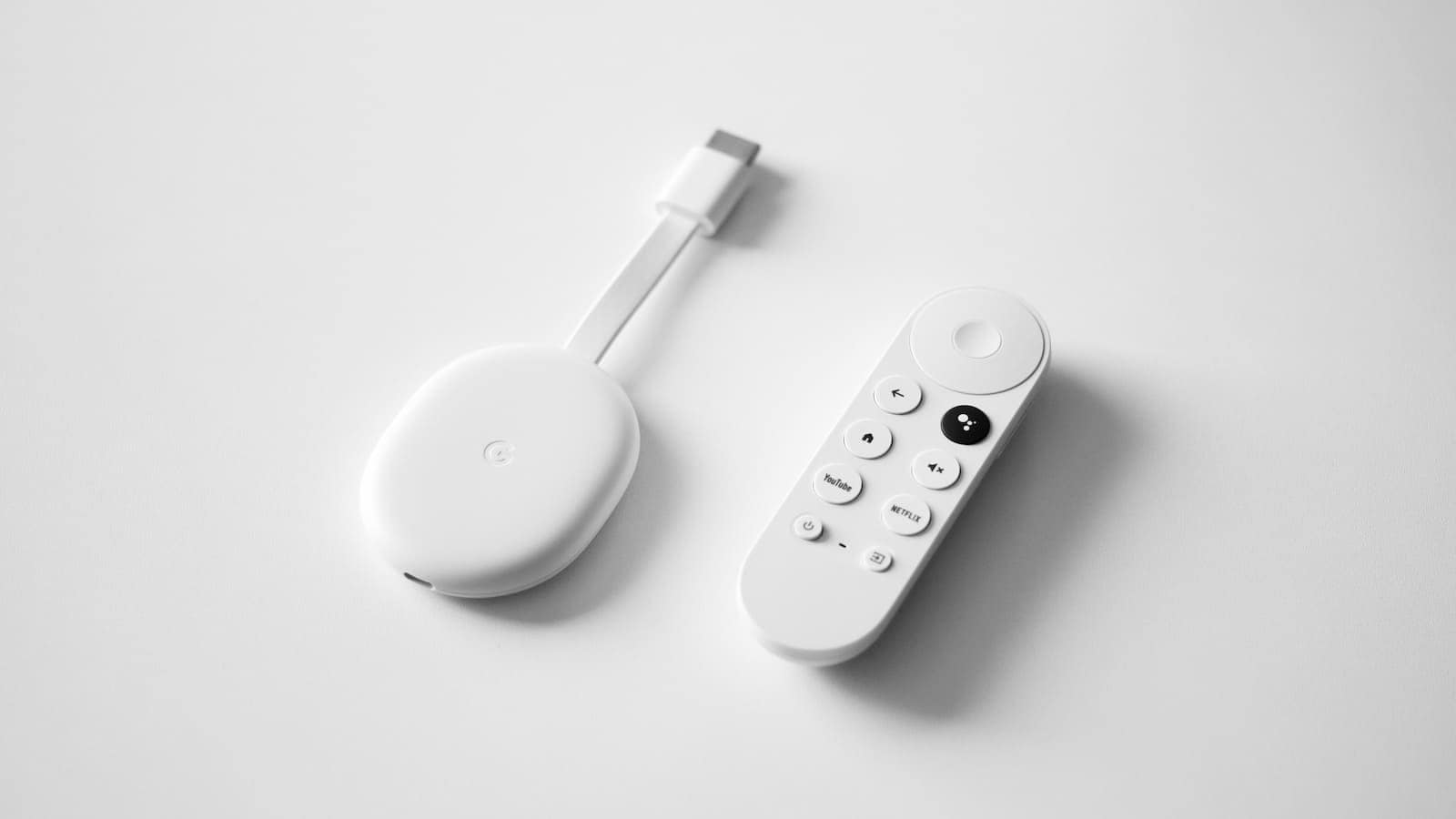For a while now, the streaming industry has been thriving. We are aware of how challenging it can be to keep up with all the new streaming services and devices, as amazing as that is.
Both Android TV and Fire TV are in high demand over the globe due to their many benefits, including ease of use, exceptional compatibility, access to a large selection of apps, powerful voice search, and other capabilities, to name a few.
According to Google, there are over 110 million active Android TV devices, including Google TV and Android TV, as of 2022, whereas the usage and ownership of Fire TV increased by almost 30% in 2020 and is expected to continue to do so.
In order to expand their companies or target future ecosystems, the majority of streaming players now depend heavily on Android TV and Fire TV.
Key Takeaways
- Android TV offers a customizable interface and access to various apps, Google TV focuses on content aggregation, and Fire TV excels in voice control with Alexa integration.
- Android TV and Google TV support Chromecast built-in, while Fire TV requires an additional device for casting capabilities.
- Fire TV integrates better with Amazon services than Android TV and Google TV.

Android TV vs Google TV vs Fire TV
The distinction between Android TV, Google TV, and Fire TV is that Android TV uses the same Android OS as Google TV.
In contrast, Fire TV runs on the Fire operating system, which is based on the Android Open Source Project from Amazon. There are primarily three versions of Fire OS: Fire OS 7, which is based on Android 9, Fire OS 6, which is based on Android 7.1, and Fire OS 5, which is based on Android 5.1.
In addition, Google TV, an extension or upgrade of Android Tv, comes with a Google assistant that executes voice commands.
Whereas Fire TV comes with Alexa, which executes voice commands.
Comparison Table
| Parameters of Comparison | Android TV | Google TV | Fire TV |
| Voice Command | None. | Google Assistance | Alexa |
| Operating System | Android OS | Android OS | Fire OS |
| External Function | Chromecast | Chromecast | HDMI (High-Definition Multimedia Interface) |
| OS Version | Android 9, 7.1 and 5.1 | Fire OS 7, 6 and 5 | |
| Manufactured | June 2014 | 2020 | April 2014 |
What is a Android TV?
An Android TV is a TV that runs the Android operating system. Specifically, Google’s Android TV is an operating system (OS) for smart TVs based on the Android platform. It was first made available in June 2014.
The Android TV OS works with a variety of gadgets, including televisions, set-top boxes, digital media players, and soundbars.
Since its debut in 2014, Android TV has undergone several updates, including Android TV 10 in December 2019, Android TV 11 in September 2020, and Android 12 for TV in November 2021. Android TV is regarded as Google TV’s successor.

What is a Google TV?
In 2020, Google TV made its debut on TVs along with a new iteration of the streaming dongle known as Chromecast with Google TV.
It serves as the standard smart TV user interface for the new Google-powered TVs and set-top boxes that are now being offered by well-known manufacturers.
Google TV is actually a layer of software that runs on top of Android TV, not a completely separate operating system.
Google TV introduces a new user interface with a fresh look and feels, with Android TV still serving as the foundation for the experience, similar to how launchers give Android phones a facelift and new capabilities.
In addition to having a slightly improved design, the updated interface places a far bigger emphasis on tailored content by utilizing AI and also provides a separate tab for live broadcasts.

What is a Fire TV?
The term “Amazon Fire TV” refers to a group of digital media players and micro consoles that Amazon created and released in April of 2014.
In essence, it is a media streaming gadget that can make watching TV more enjoyable by making your TV smart.
A variety of device types, including the Fire TV Cube, Soundbar, Streaming Media Player, Smart TVs with Fire TV built-in, and Echo Show, are included in the Fire TV device family.
While the second-generation Amazon Fire TV debuted in 2015, the Fire TV edition with the Amazon Fire OS and Fire TV interface was unveiled in 2016.
Furthermore, Amazon unveiled Fire TV Recast in 2018, an over-the-air digital video recorder that can be used to watch content on Amazon Fire TV and Amazon Echo Show devices. But in August 2022, it was abandoned.

Main Differences Between Android TV and Google TV and Fire TV
- While Google TV uses machine learning, Google Assistant, and the Knowledge Graph database to learn your viewing patterns, Android TV bases its suggestions on apps rather than on personal preferences. While Alexa, which functions similarly to Google Assistant, is used by Fire TV.
- A live TV option is also available on Google TV, where it shows previews of current broadcasts from services like Sling TV and YouTube TV. There’s no need to open different apps when looking for anything to watch; just hit the thumbnail if something grabs your attention, and you’ll be sent directly to the broadcast. While Fire TV has a search page or movie recommendations, so you may choose your favorite.
- Parental restrictions and profiles are another differentiation. With personalized recommendations for each profile, Google TV offers several child profiles under a single adult’s Google account, in contrast to Android TV. While Google TV allows you to create child accounts with its own set of content limitations that can be maintained through the Google Family Link service, Android TV handles content restrictions through its system-wide parental settings.
- More than 700 million shows and movies are available on Android TV via a variety of apps, including Netflix, Amazon Prime Video, Disney+, and others. In a similar vein, Google TV allows users to access content from Google Play Store apps. Similarly, Fire TV provides a variety of apps, including, to mention a few, HBO Max, Paramount+, Peacock TV, and Pluto TV.
- https://search.proquest.com/openview/4dcf833a7cced01965397b485d6f99c0/1?pq-origsite=gscholar&cbl=18750&diss=y
- https://petsymposium.org/2022/files/papers/issue3/popets-2022-0092.pdf
- https://link.springer.com/chapter/10.1007/978-3-319-67208-3_4
